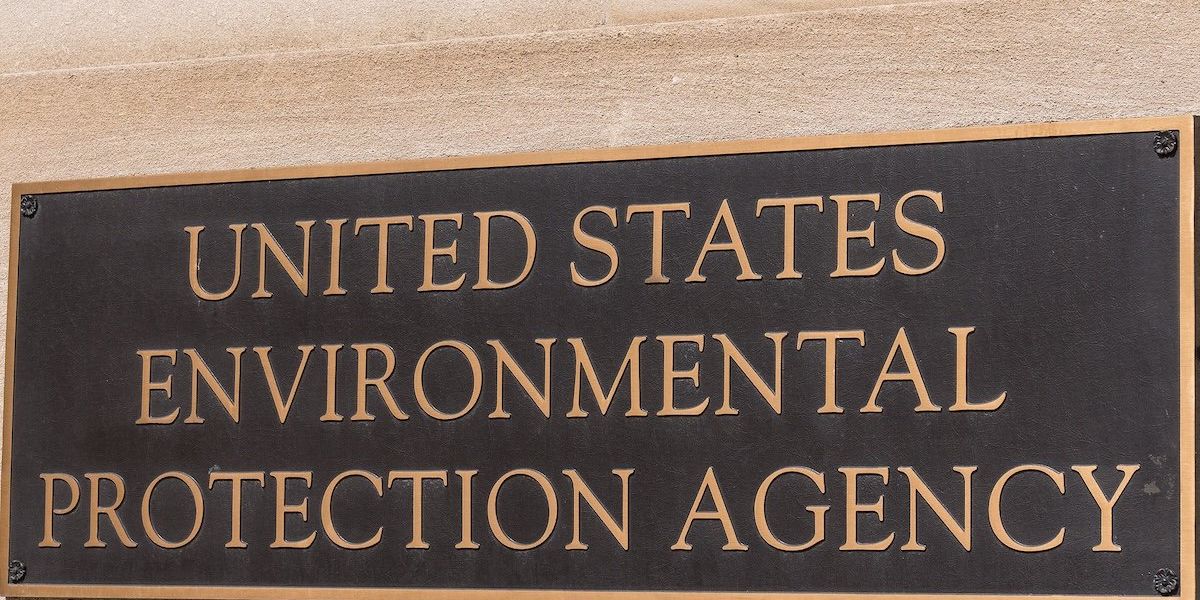ulez
London expands car fees to cut air pollution
New data shows London’s expanded low-emissions zone significantly reduced harmful emissions, proving effective in improving air quality.
In short:
- London’s Ultra Low Emission Zone (ULEZ) expansion cut particulate matter by 22% and nitrogen oxide by 21% in outer London.
- Mayor Sadiq Khan faced political backlash but won re-election, showing public support for the policy.
- The ULEZ is expected to reduce fee collections as more vehicles comply with emissions standards.
Key quote:
“The decision to expand the ULEZ was a difficult one, but the right one.”
— Sadiq Khan, Mayor of London
Why this matters:
Reducing emissions in urban areas can improve public health by decreasing respiratory issues like asthma. Successful implementation in London may encourage other cities to adopt similar measures, aiding global efforts to combat climate change.
London mayor to intensify climate policies despite opposition
London Mayor Sadiq Khan has vowed to continue his aggressive climate policies in the face of political resistance and criticism.
In short:
- Sadiq Khan emphasized his commitment to climate action at a Vatican conference, despite facing significant opposition, particularly from Conservative politicians.
- He highlighted the Ultra Low Emission Zone (Ulez) expansion as a major environmental achievement but also acknowledged the political challenges and misinformation campaigns against it.
- Critics, including the Greens, accused Khan of compromising on broader climate initiatives during his election campaign, despite his pledge to meet net zero targets by 2030.
Key quote:
"This is a moment which demands the courage to take decisions, meet responsibilities and find a way."
— Sadiq Khan, Mayor of London
Why this matters:
While Khan’s climate measures have been praised by environmental advocates for their potential to improve air quality and combat climate change, they have also sparked controversy. Critics argue that the initiatives can impose financial burdens on residents and businesses, particularly during economic hardships. Khan’s stance may reflect a growing recognition among global leaders that the climate crisis demands immediate and decisive action.
London Ulez averts more air pollution than that caused by capital’s airports, report shows
Air quality improvements 2019-2022 from lowering vehicle emissions came even before scheme’s expansion to whole of city.
No 10’s Ulez stance reverses ‘decades of clean air progress’, says Sadiq Khan
Rishi Sunak’s lack of support for expanded scheme risks stunting Londoners’ lungs, says mayor in run-up to Tuesday’s launch.
Campaign group display fake pollution signs in Brighton
Fake pollution warning signs have been erected in Brighton and Hove by a climate campaign group. The signs, which are displayed on lampposts in the city centre, have been placed in "high pollution areas" by Clean Air for Brighton and Hove.
Ulez just the start and similar scheme needed for buildings, experts warn
Imposing strict controls on car exhausts will only partially improve the quality of air people breathe in the UK, scientists have said. New measures to counter emissions of nitrogen oxides and other air pollutants will also be needed for buildings, heating plants and many other domestic and industrial sources in future.
How air pollution became one the UK's deadliest problems
From Ulez to wood burners, every breath has become a battleground... but what can be done about it, asks Tim Moore in The Telegraph.
In a nutshell:
After Ella Adoo-Kissi-Debrah tragically lost her life to hypersecretory asthma, her mother, Rosamund Adoo-Kissi-Debrah, embarked on a tireless campaign to uncover the role of airborne pollution in her daughter's death. In a landmark ruling, a UK court linked air pollution as a cause of Ella's demise, shedding light on the growing concern about the health impacts of pollution. Airborne pollutants, particularly PM2.5, have been connected to a range of health issues, prompting efforts to combat pollution, such as the Ultra Low Emission Zone in London and the Clean Air (Human Rights) Bill aimed at establishing cleaner air standards.
Key quote:
Professor Sir Stephen Holgate, an authority on air quality, told the Southwark court that Ella was ‘a canary in the coal mine’ on account of her exceptionally sensitive airways. ‘When I had the opportunity to look at her lungs on the microscope,’ he later said, ‘I saw that the lining was largely stripped off, and therefore the chemicals in the air would interact with the nerves and the tissues directly.’
The big picture:
From aggravating respiratory conditions like asthma to elevating risks of heart disease, stroke, and even neurodegenerative disorders, air pollution's impact spans across age groups. As scientific understanding of both indoor and outdoor pollution deepens, landmark cases like Ella Adoo-Kissi-Debrah's underscore the urgency to address this invisible but formidable threat to public well-being.
Read the article at The Telegraph.
Air pollution affects the unborn as well. Huanjia Zhang writes that scientists estimate millions of preterm births and underweight newborns worldwide can be attributed to long-term exposure to air pollution. Meanwhile, Kristina Marusic reported on a study indicating that in polluted cities, reducing air pollution could lower cancer rates as much as eliminating smoking would.



















